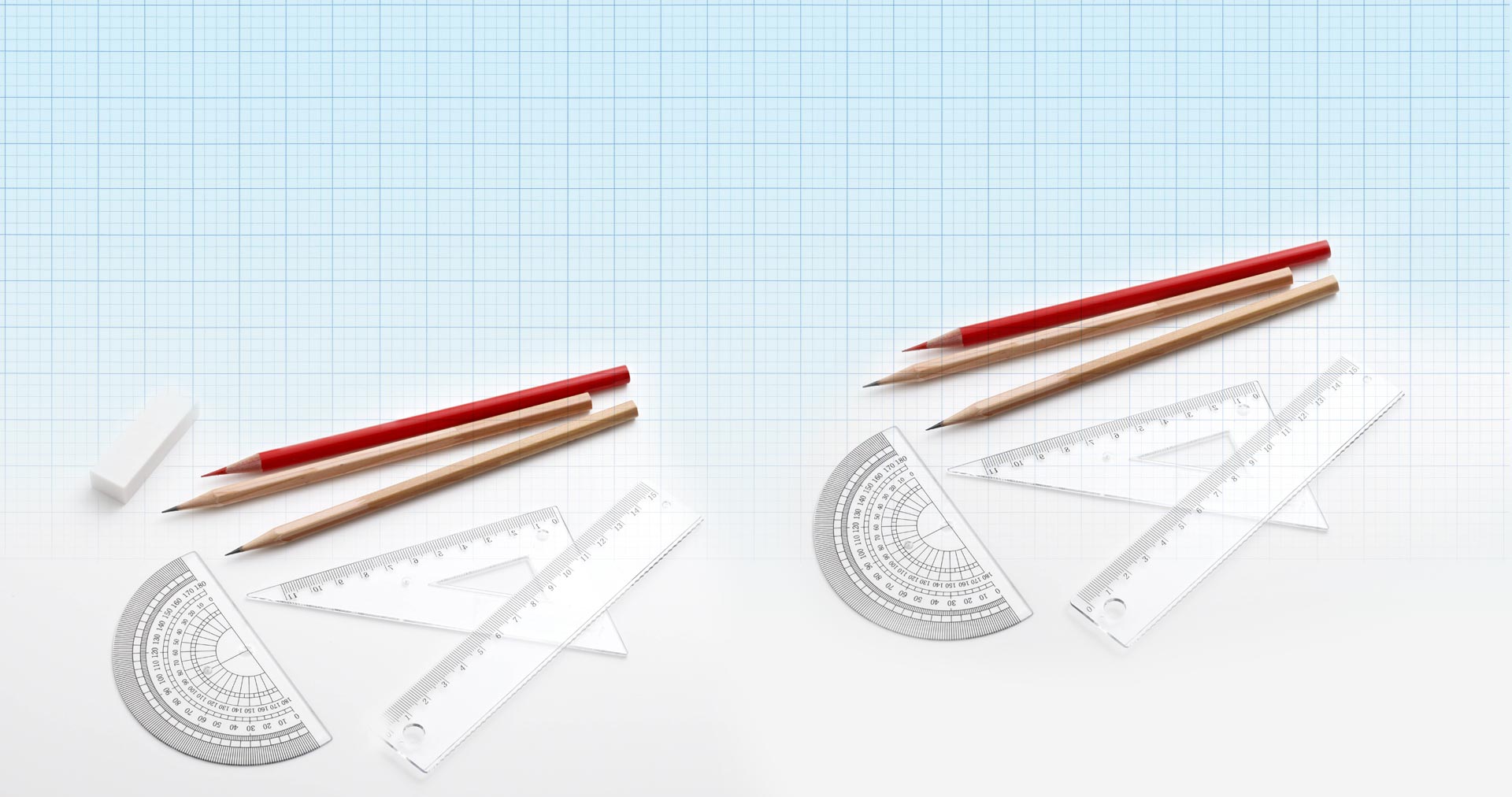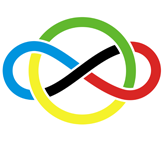1979 saw the first South American involvement, with Brazil entering, and in 1981, all continents were represented, with the addition of an Australian team as well as further teams from Africa and South America. This year also saw some standardising of the competition with each of the six questions worth exactly 7 marks giving the now familiar total of 42 as a possible maximum score per contestant.
Following a brief experiment with teams of 4 in 1982, the current standard team size of six was adopted in 1983. The competition now started to expand rapidly, reaching 50 countries in 1989 and exceeding 100 countries for the first time in 2009.
The only year since 1959 in which an official contest has not been held was in 1980. Two unofficial IMO substitute events were held in 1980. The IMO “site committee” was set up to try to ensure that there would be an IMO every year, and this committee later became the “IMO Advisory Board”. With South Africa hosting the 2014 competition, the event will have travelled to every continent and there is keen competition to host future events with hosts determined four to five years ahead of the competition.
From the outset, the aim of the competition has been to support school-age mathematicians to develop their problem solving skills. Contestants must not be formally enrolled in a university course. Questions are chosen from the four topic areas of Algebra, Combinatorics, Geometry and Number Theory and there is no requirement or expectation that students should be able to use Calculus. All past results are available on the official IMO website and stories of some particular students’ achievements can be found in the People section of this site.
Where has the IMO been, and where is it going?
Here is a list of the countries which have hosted or will host the IMO:
1959 Romania
1960 Romania
1961 Hungary
1962 Czechoslovakia
1963 Poland
1964 Union of Soviet Socialist Republics
1965 German Democratic Republic (East Germany)
1966 Bulgaria
1967 Yugoslavia
1968 Union of Soviet Socialist Republics
1969 Romania
1970 Hungary
1971 Czechoslovakia
1972 Poland
1973 Union of Soviet Socialist Republics
1974 German Democratic Republic (East Germany)
1975 Bulgaria
1976 Austria
1977 Yugoslavia
1978 Romania
1979 United Kingdom
1980 no IMO
1981 United States of America
1982 Hungary
1983 France
1984 Czechoslovakia
1985 Finland
1986 Poland
1987 Cuba
1988 Australia
1989 Federal Republic of Germany (West Germany)
1990 People’s Republic of China
1991 Sweden
1992 Russian Federation
1993 Turkey
1994 Hong Kong
1995 Canada
1996 India
1997 Argentina
1998 Taiwan
1999 Romania
2000 Republic of Korea (South Korea)
2001 United States of America
2002 United Kingdom
2003 Japan
2004 Greece
2005 Mexico
2006 Slovenia
2007 Vietnam
2008 Spain
2009 Germany
2010 Kazakhstan
2011 The Netherlands
2012 Argentina
2013 Colombia
2014 South Africa
2015 Thailand
2016 Hong Kong
2017 Brazil
2018 Romania
2019 United Kingdom
2020 Russian Federation
2021 Russian Federation
2022 Norway
2023 Japan
2024 United Kingdom
2025 Australia







